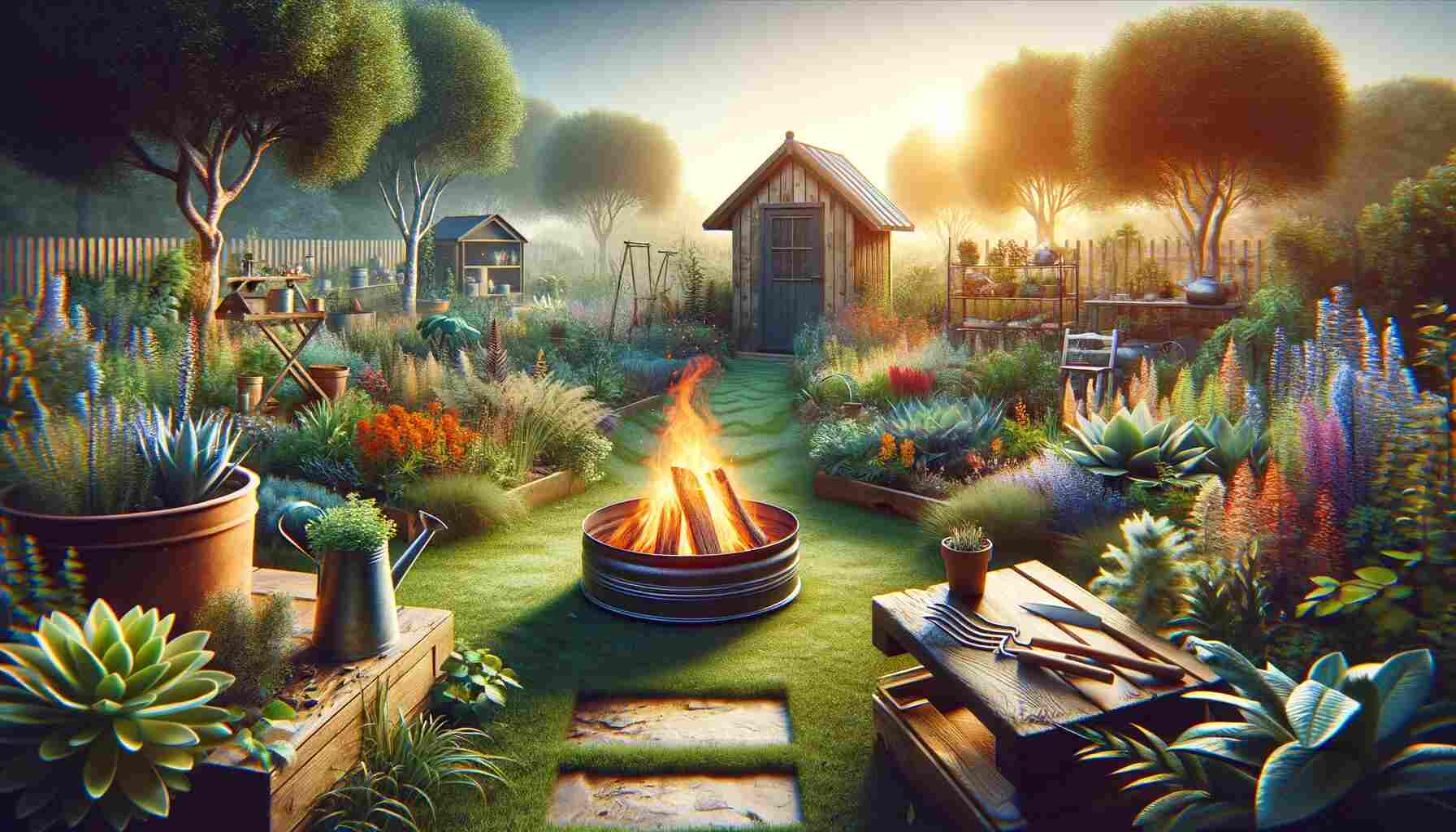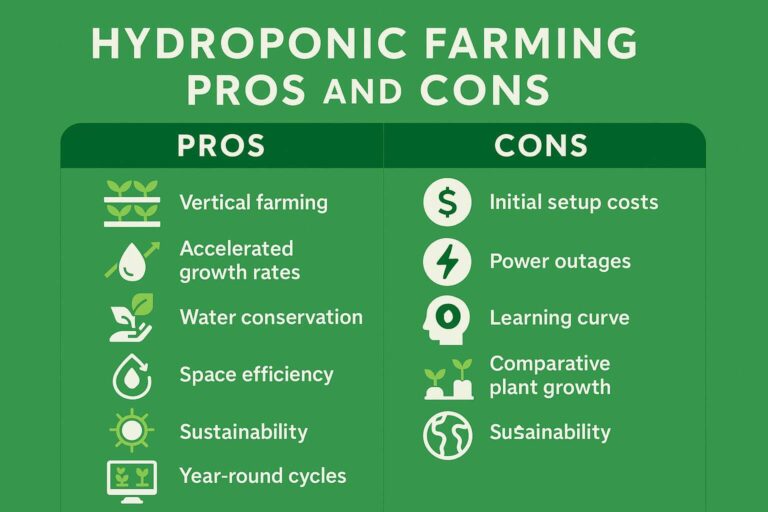In an era of growing environmental awareness and concern for personal health, the question of whether you can burn wood in your garden has become a subject of increasing importance. The allure of a crackling fire in your outdoor space is undeniable, however, before you start gathering firewood and lighting up, it’s crucial to understand the implications of burning wood in your garden.
This article explores the various aspects of burning wood in your garden, including local regulations, health and environmental concerns, best practices, noise considerations, and eco-friendly alternatives.
Understanding Local Regulations for Wood Burning in Your Garden
Before you even think about lighting a fire in your garden, it’s essential to be aware of the local regulations and guidelines that govern outdoor burning. These regulations can vary significantly from one region to another, and even within cities or counties. Ignoring these rules can lead to legal troubles and fines.
Compliance with local authorities’ rules and permits is crucial to avoid legal issues. Some areas may allow wood burning with restrictions, while others might prohibit it entirely. To ensure you’re on the right side of the law, contact your local government or fire department to obtain information on the specific regulations in your area.
Health and Environmental Concerns of Burning Wood
Burning wood can be an enjoyable experience, but it’s not without its health risks and environmental concerns. The smoke produced when wood burns contains fine particulate matter and harmful chemicals that can have detrimental effects on both your health and the environment.
Health Risks:
- Respiratory Problems: Wood smoke can exacerbate respiratory issues, particularly for individuals with conditions like asthma or chronic obstructive pulmonary disease (COPD).
- Cardiovascular Effects: Studies have shown that exposure to wood smoke can increase the risk of heart attacks and other cardiovascular problems.
- Irritation: Even in healthy individuals, inhaling wood smoke can lead to throat and eye irritation.
Environmental Impacts:
- Air Pollution: Wood burning contributes to air pollution, releasing pollutants like carbon monoxide, nitrogen oxides, and volatile organic compounds.
- Greenhouse Gas Emissions: While wood is considered a renewable resource, burning it releases carbon dioxide and methane, contributing to greenhouse gas emissions.
- Deforestation: Overuse of wood for burning can lead to deforestation, impacting ecosystems.
Best Practices for Burning Wood
If you decide to proceed with wood burning in your garden, it’s essential to do so responsibly and safely. Here are some best practices to consider:
Safe and Efficient Burning:
- Use Dry, Seasoned Wood: Wet or green wood produces more smoke and less heat. Ensure your wood is properly seasoned before burning.
- Proper Fire Maintenance: Maintain a well-ventilated fire with good airflow to minimize smoke production.
- Limit Burning Time: Avoid burning for extended periods to reduce emissions and neighbor disturbances.
- Install a Spark Arrestor: If your area permits wood burning, consider installing a spark arrestor to prevent embers from escaping.
Choose Untreated Wood:
Using untreated wood is critical to avoid releasing toxic chemicals into the air. Pressure-treated wood, painted wood, or wood with chemical coatings should never be burned, as they can emit hazardous fumes.
Noise and Nuisance Considerations
Burning wood in your garden isn’t just about the smoke; it’s also about being considerate to your neighbors. Excessive noise, as well as smoke, can disrupt the peace and harmony of your neighborhood. To avoid complaints and maintain good relations:
- Inform your neighbors in advance if you plan to have a fire, especially in the evening.
- Keep noise levels to a minimum, especially late at night.
- Consider the wind direction to prevent smoke from blowing towards neighboring properties.
Alternatives to Burning Wood
While the charm of a traditional wood fire is undeniable, there are alternative options for creating a cozy atmosphere in your garden that are both convenient and environmentally friendly.
Electric or Gas Outdoor Fireplaces:
Consider installing electric or gas outdoor fireplaces or fire pits. These options provide the ambiance of a real fire without the emissions and hassle of wood burning. They can be turned on and off at your convenience and are often equipped with safety features.
Other Eco-Friendly Alternatives:
If you’re looking to reduce waste and minimize environmental impact in your garden, consider these eco-friendly alternatives:
- Recycling: Recycle materials like cardboard, paper, and certain plastics instead of burning them.
- Composting: Create a composting area in your garden for organic waste, which can enrich your soil.
- Repurposing Garden Waste: Transform garden waste like branches and leaves into mulch or natural decor.
Conclusion
In conclusion, the decision to burn wood in your garden is not one to be taken lightly. It requires careful consideration of local regulations, health, environmental impacts, and neighborly etiquette. While the crackling flames and warm glow of a wood fire can be enticing, it’s essential to strike a balance between enjoyment and responsibility.
By following best practices for safe and efficient wood burning, choosing untreated wood, and being considerate of your neighbors, you can minimize the negative aspects of wood burning. Additionally, exploring alternative options like electric or gas fireplaces, recycling, composting, and repurposing garden waste can provide a more eco-friendly approach to enjoying your outdoor space.
Ultimately, the key is to be well-informed and make responsible choices that align with your values and priorities. Whether you opt for the traditional charm of a wood fire or explore eco-conscious alternatives, your garden can become a place of relaxation and enjoyment while being mindful of health, legal, and environmental considerations.








